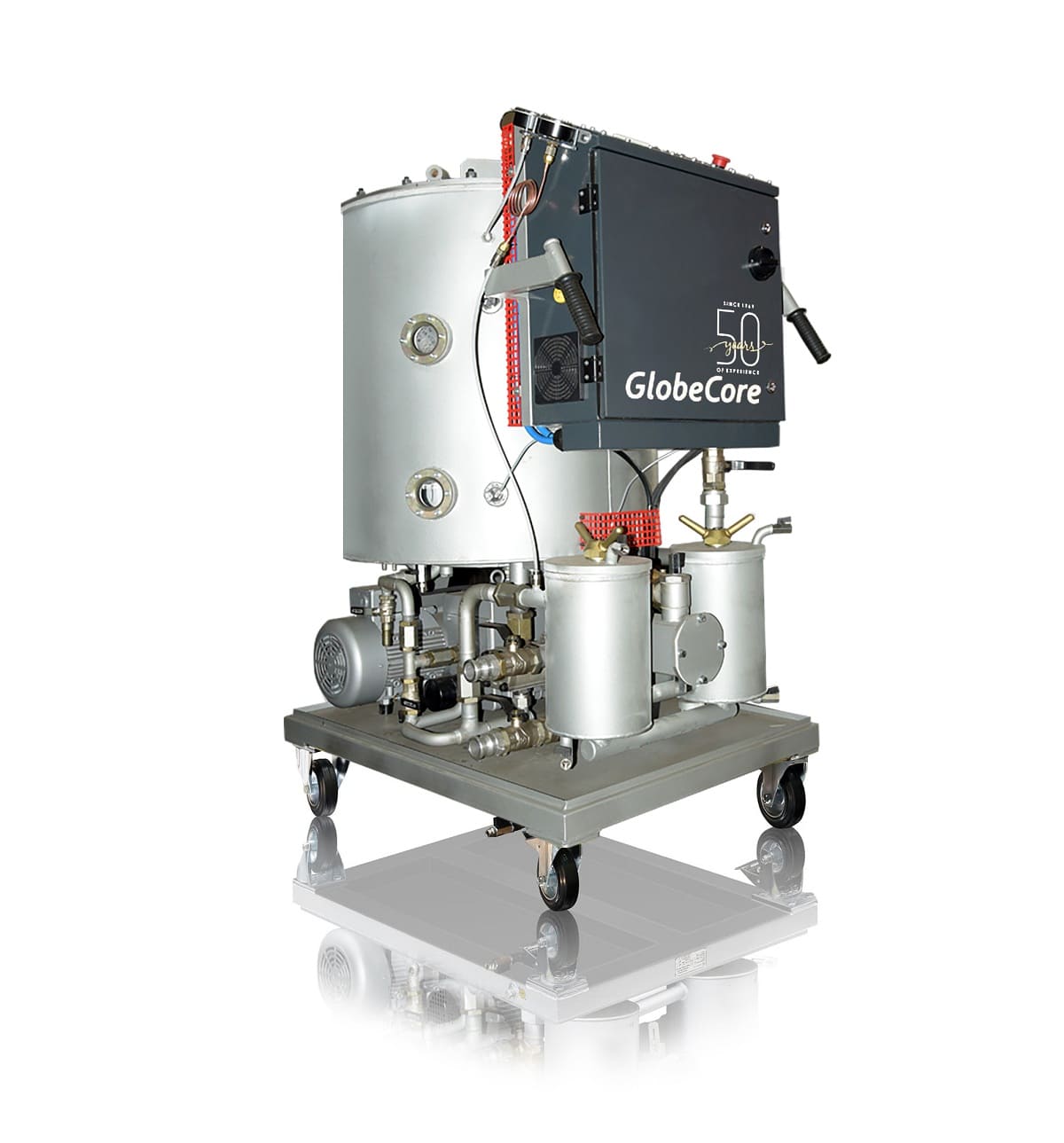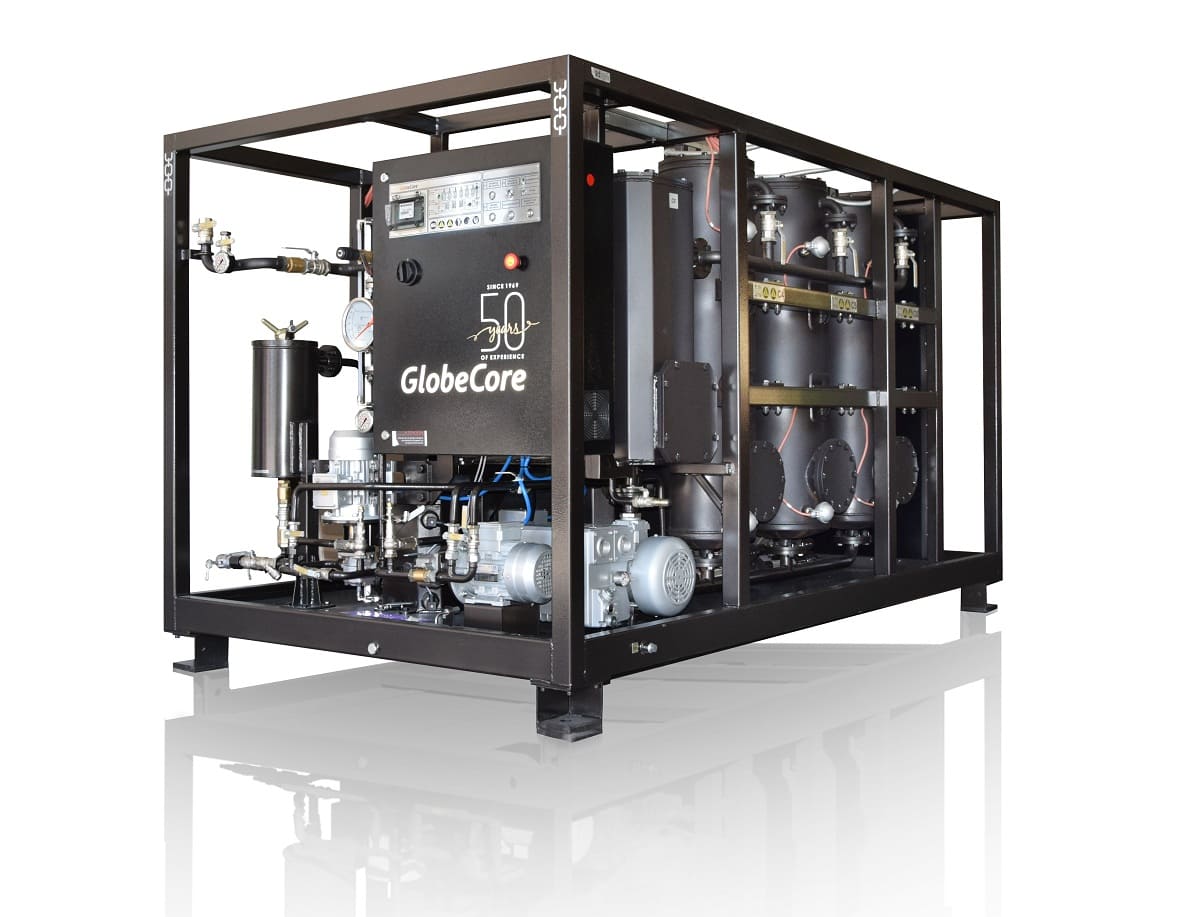What features should be considered when selecting Hydraulic Oil Purifier Systems for industrial use?
- Este tópico contém 1 resposta, 2 utilizadores e foi actualizado pela última vez há 1 ano, 2 meses por .
Answers
-
Outubro 7, 2024 às 6:44 am by Ahmed Abdullah
When selecting Hydraulic Oil Purifier Systems for industrial use, it is essential to consider several key features to ensure optimal performance and compatibility with existing systems. Purification Capacity must align with the volume and flow rate requirements of the hydraulic system, ensuring efficient contaminant removal. Filter Type and Efficiency are crucial, as different purifiers use various filtration media and technologies to target specific contaminants such as particulates, moisture, and acids. Compatibility with Hydraulic Oil Types is also important, whether the system handles synthetic, mineral-based, or bio-compatible oils. Automation and Control Features enhance operational efficiency by allowing real-time monitoring and adjustments based on oil quality. Ease of Installation and Integration with existing hydraulic infrastructure minimizes downtime and ensures seamless operation. Additionally, Maintenance Requirements and the availability of replacement parts should be evaluated to ensure long-term reliability. Energy Efficiency and environmental considerations, such as low emissions and minimal waste generation, are also important for sustainable industrial operations. Lastly, ensuring the purifier meets relevant industry standards and certifications guarantees quality and safety in its purification processes.



